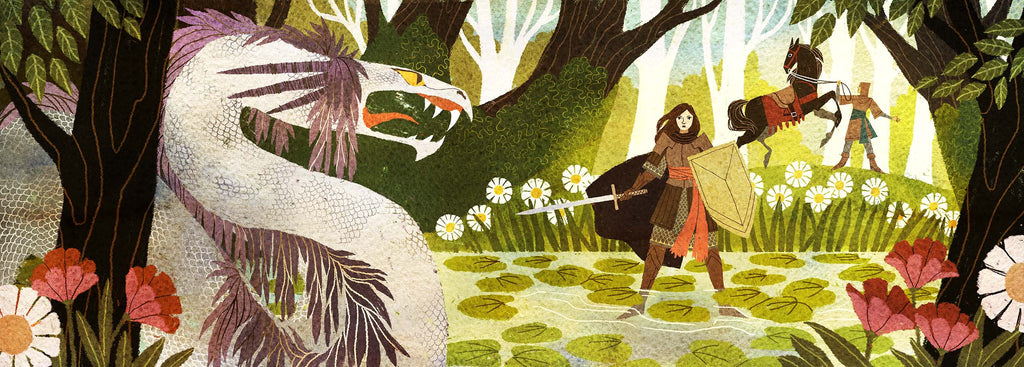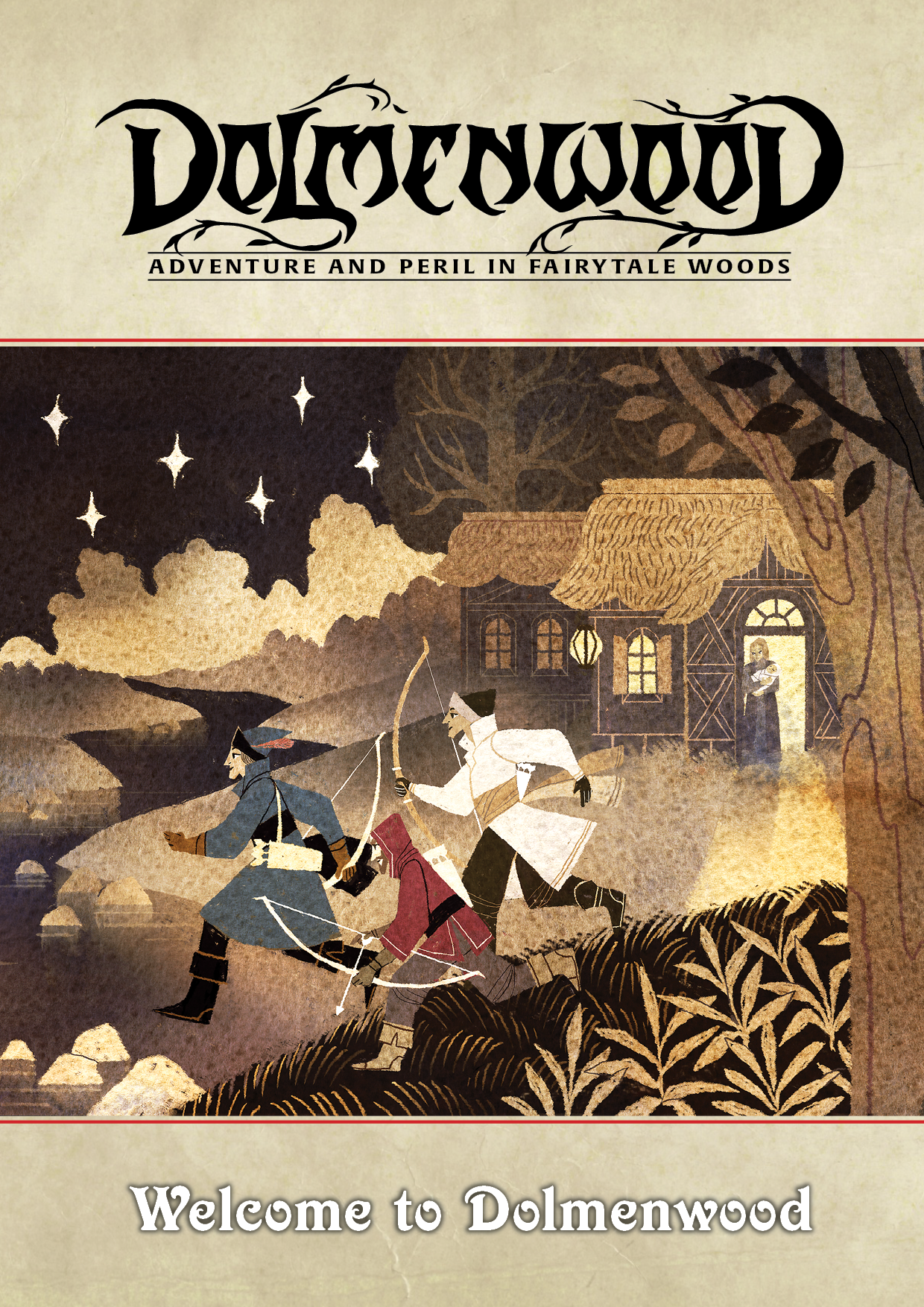doctorbadwolf
Heretic of The Seventh Circle
Well, It's intentionally vague, because I wanted to hear what people think using their own definition of the mythic, and their own ideas of mythology and folklore.Can you define what you mean by hewing more closet to folklore and mythology? That seems to be a very vague statement to build a discussion around
But since there have been many replies at this point, I'll try to explain my own thoughts on the topic.
So, first, mythic isn't necessarily the same thing as epic, to me. So, DnD does epic pretty well, though it tends to fail hard at Hercules types, as you basically need a Goliath Barbarian to make someone close to as strong and durable, and even then you'll need a permissive DM to get some of those feats of physical power done in 5e DnD. However, I don't think that stock 5e really touches on mythic all that much, if at all.
What a mythic 5e would need, IMO, is for magic to have more room for improv, for high level magic to be rarer but also less restricted when it does show up, and for "martial" characters to be able to do stuff that isn't possible as long as it fits their archetype and story. A character named Jack, who is a halfling rogue with the lucky feat, should be able to just say that there is a large bird that plucks them out of the sky to eat later, and then try to persuade the bird to spare him and help him get home instead, and thus save himself from falling thousands of ft out of a Cloud Giant's castle. That means the animals can speak the same language, and have a conversation, and are just as susceptible to pluck and charm as any human, and that the lucky hero can do things with luck that are way outside what is reasonable in a grounded story.
A mythic dnd has to not be grounded in reality, in other words.
I think that the biggest thing to change, other than world building, is to put adjudication of die rolls more in the hands of the Player, where the DM explains the scenario and manages conflicts with mechanical adjutication, but where players are equal authors of the fiction, just with different spheres of authority. So if Jack is more of a nimble hero than a lucky one, and the player says they want to use acrobatics to survive the fall, they can say that they catch onto a leaf that is sticking far out from the vine leading up to the clouds, and they're trying to ride it down like an air foil, and because Jack is a mythic hero, this is a thing that can succeed, and even if it fails it just is not going to kill Jack. This leads to the other part of mythic dnd.
Consequences are bad, but they aren't the end of the hero's story unless the player agrees to allow them to be. The DM cannot choose for the player that their character dies, and can only, instead, give the player a set of options for the grave consequences of their actions and/or bad rolls. If Jack rolls a 1 to catch the leaf, they might be presented with 2-3 alternative actions they could take or things that could happen that are bad but that move the story in a new direction rather than ending it. For instance, if Jack has a whistle or flute that they were told is magical or that they just stole from the Cloud Giant, they could desperately blow on it/play it in hopes that it does something useful. Rather than having decided ahead of time what the flute does, the DM rolls with it and asks for a roll. Failure means it doesn't do anything or does something actively unhelpful, sucess means it saves Jack's butt.
This is a playstyle that benefits from resolving big moments with multiple rolls and a ladder of outcomes based on how many and which of the checks succeed or fail, or on a simple ladder of success system replacing the yes/no DC system DnD defaults to. In the case above, if Jack gets it in the first go, the second and third check are going to be to land where he wants, and to not have any kind of further mishap. If he fails the first check, the second check is to salvage the failure, or to try something else, and then he'll have to choose which of "Avoid mishap" and "Land where you wanted to" he has to automatically fail on.
There are other ways to run it, but that's roughly how I handle skill challenges in 5e so it makes sense to me.
Another thing mythic dnd would require is to rework the classes and other player options, to hew closer to myth and folklore. What that means is, the bard should automatically get audience with the local lord, because they're a bard. The Fighter should have some sort of idea of where and how they trained, and what sort of bonds and ties they have to the world as a warrior, and should have privileges and responsibilities according to that. Basically additional and variant features that make the classes feel less like adventurers in Faerun and more like characters from the Welsh Mabinogian or stories about characters like Hercules and Maui.
Basically, "no real person could do that without magic" should never be on anyone's mind when playing a mythic dnd.




